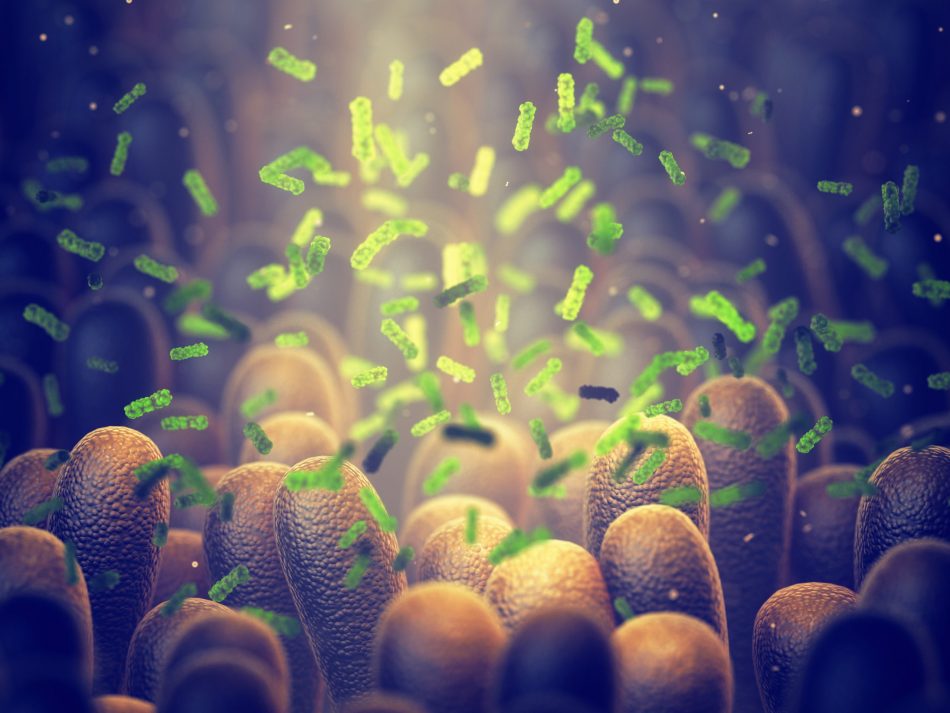Science
From mathematics and AI to medicine and psychology, The Optimist Daily features the latest news on discoveries, technological advances, and breakthroughs in the world of science. Our Science section is here to engage and enlighten you.

A first-of-its-kind star made from two dying stars
It is a wonder looking up at space, seeing the continuum of the cosmos in beautiful celestial bodies exploding, reforming, and shining brightly in the night sky. In this stellar life cycle, scientists have discovered the brilliant birth of a new star created from the collision of two dying Read More...

First study of dying human brain gives a glimpse into our final moments
For the first time ever, scientists have recorded the activity of a dying brain, and their discoveries have given some legitimacy to the common idea that our whole lives “flash before our eyes” before death. The remarkable thing is that the scientists weren’t planning on measuring the Read More...

Countering climate change while making wine
When tackling the issues of climate change, the art of growing and cultivating wine is overlooked. Connoisseurs and social sippers the world over, though, would certainly miss reds, whites, and roses if the world became inhospitable for vineyards that make them. As average temperatures Read More...

Ammonia-making bacteria could replace polluting fertilizers in the future
Ammonia fertilizers have been effective at helping farmers grow their commercial crops. However, they’re also one of the major sources of nitrogen pollution, contaminating waterways and threatening biodiversity. A recent study, published in the American Society for Microbiology, however, suggests Read More...

This sustainable solar panel can go on buildings or your clothes
When you see the new sunlight-absorbing material developed by Carvey Ehren Maigue, an engineering student from the Philippines, the colors might remind you of the Aurora Borealis. In fact, Auroras were what inspired Maigue when he named his new game-changing material, AuREUS. This is a new Read More...

100 percent renewable energy could prevent natural disaster blackouts
With storms growing in intensity the world over, such as Storm Eunice in Europe, solutions for enduring extreme weather are greater than ever. Adapting energy grids is particularly important to avoid blackouts. Recent research shows, fortunately, that switching entirely to renewable energy Read More...

Clove oil can help slow down the transmission of mosquito-borne diseases
Synthetic insecticides are often effective and the weapon of choice when it comes to killing mosquito larvae, which is the best way to slow down the transmission of mosquito-borne diseases. These chemicals, however, often have a negative impact on the surrounding environment. A simple way to Read More...

Did you know brain cells can be controlled with sound?
“Going wireless is the future for just about everything!” That is a quote from scientist Sreekanth Chalasani, and we can’t help but agree. Wireless medical inventions like bone-health monitors and pacemakers are catching on, as well as the possibility of universal car chargers. We also Read More...

Two-thirds of seafloor life is waiting to be discovered
Most of our planet is filled with water. Amazingly, though, two-thirds of life occupying the seafloor is still waiting to be discovered, finds a recent study published in Science Advances. DNA sequencing techniques also revealed that there is at least three times more life on the seafloor than Read More...

Sunlight helps dissolve oil spills
In a recent study of the 2010 Deepwater Horizon Oil Spill, researchers discovered that approximately 10 percent of oil spilled in the Gulf of Mexico was dissolved by sunlight. Oil can partially dissipate and dissolve in seawater through natural processes, which scientists account for. These Read More...


